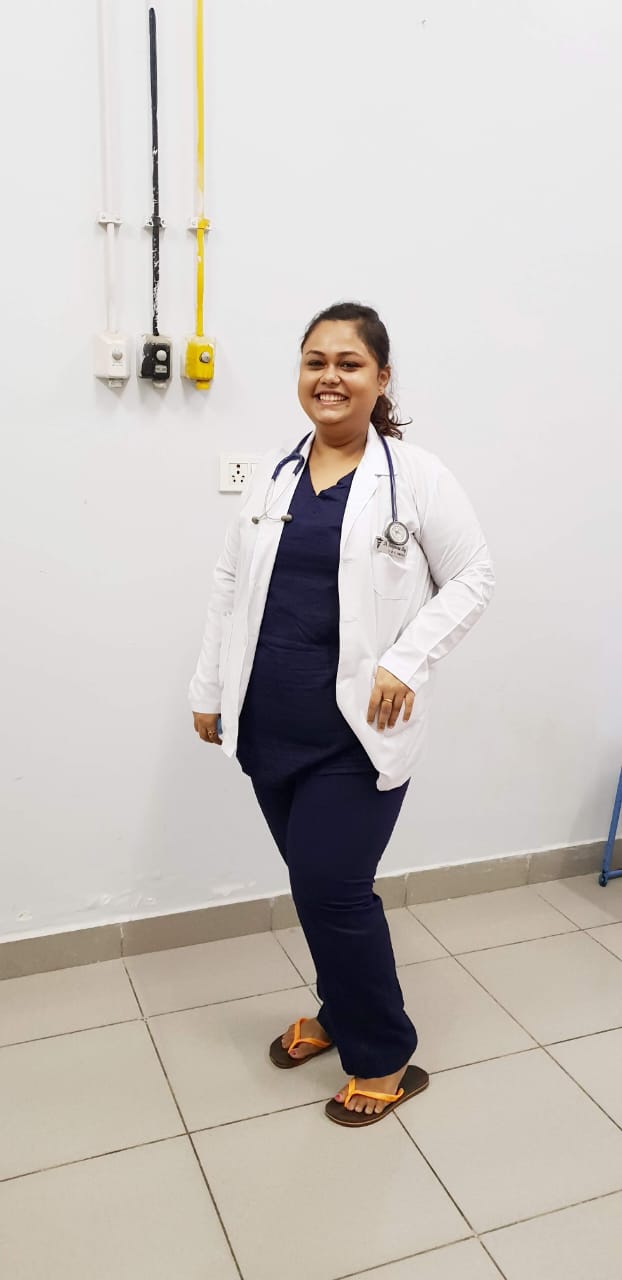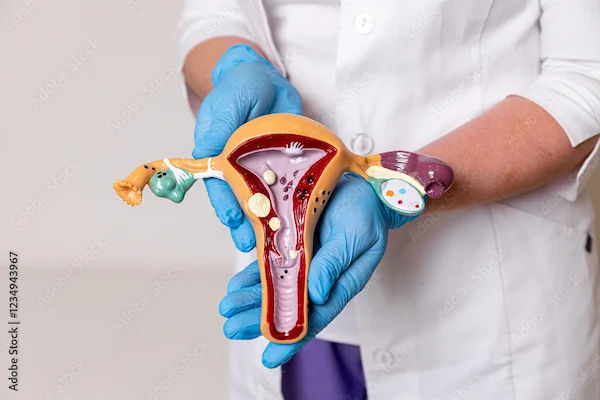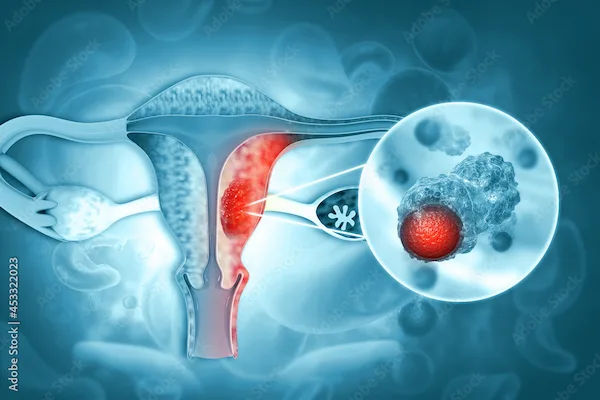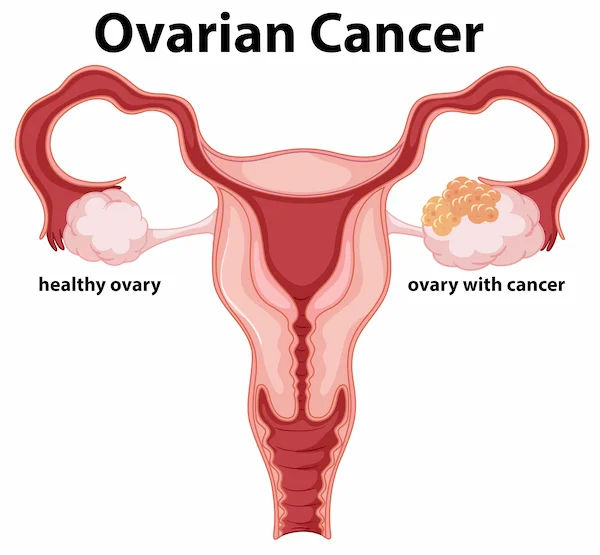Can I Use Indian Toilet After Hysterectomy?
Discover whether you can safely use an Indian toilet after a hysterectomy. Learn expert tips on post-surgery precautions, recovery guidelines, and safe toilet practices to support healing.

Written by Dr.Sonia Bhatt
Last updated on 3rd Jul, 2025

Introduction
If you've recently undergone a hysterectomy, you may have concerns about resuming daily activities, including using an Indian-style (squatting) toilet. This is a common question, and the answer depends on your recovery progress, the type of hysterectomy you had, and your doctor’s advice. In this article, we’ll discuss what a hysterectomy is and its types, how it affects your body, when and how you can safely use an Indian toilet after surgery and tips for a smooth recovery
Understanding Hysterectomy and Its Types
A hysterectomy is a surgical procedure to remove the uterus (womb). Depending on your condition, your doctor may recommend one of the following types:
1. Total Hysterectomy: Removal of the uterus and cervix.
2. Partial (Supracervical) Hysterectomy: Only the upper part of the uterus is removed, leaving the cervix intact.
3. Radical Hysterectomy: Removal of the uterus, cervix, upper vagina, and surrounding tissues (usually for cancer).
4. Hysterectomy with Oophorectomy: Removal of the uterus along with one or both ovaries.
The recovery time varies depending on the type of surgery, whether it was done laparoscopically (minimally invasive) or through an open abdominal incision.
How Does a Hysterectomy Affect Your Body?
After a hysterectomy, your body needs time to heal. The surgery affects your pelvic muscles, abdominal tissues, and sometimes the bladder and bowel movements. You may experience:
Pain or discomfort in the lower abdomen
Swelling and tenderness
Temporary difficulty in passing urine or stool
Fatigue and weakness
Since squatting puts pressure on the pelvic area, you must be cautious while using an Indian toilet post-surgery.
Consult Top Specialists for Personalised Tips
Can You Use an Indian Toilet After Hysterectomy?
Yes, but not immediately. Here’s what you need to know:
1. First Few Weeks After Surgery
Avoid squatting for at least 2-4 weeks, depending on your recovery.
Use a Western toilet (if available) to reduce strain on the surgical site.
If only an Indian toilet is available, consider using a raised toilet seat or a stool for support.
2. After 4-6 Weeks
If your doctor confirms that your healing is progressing well, you may slowly resume using an Indian toilet.
Listen to your body, if squatting causes pain or discomfort, wait longer.
Support yourself by holding onto a railing or wall to avoid putting too much pressure on your abdomen.
Tips for Safe Toilet Use After Hysterectomy
Some of the tips for safe toilet use after hysterectomy are:
1. Take Your Time: Don’t rush; sit or squat gently.
2. Avoid Straining: Straining during bowel movements can harm healing tissues. Eat fibre-rich foods and stay hydrated.
3. Use Support: If squatting is difficult, use a small stool or hold onto something stable.
4. Follow Doctor’s Advice: Some patients may need pelvic floor exercises before resuming normal toilet use.
When to Seek Medical Help?
Contact your doctor if you experience:
Severe pain while passing stool or urine
Bleeding or unusual discharge
Difficulty in controlling bowel or bladder movements
Conclusion
Recovering from a hysterectomy takes time, and using an Indian toilet should be done carefully. Follow your doctor’s advice, avoid straining, and ease back into your routine gradually. If you have concerns about your recovery or need personalised guidance, consult a specialist on Apollo 24|7. You can book an appointment easily and get expert advice tailored to your needs.
Consult Top Obstetrics and Gynaecology Surgeon
Consult Top Specialists for Personalised Tips

Dr. Asawari Kesari Kapoor
Obstetrician and Gynaecologist
23 Years • M.B.B.S, D.G.O(Mumbai) ,D.G.O (C.P.S), D.N.B (OBGY)
Delhi
Apollo Hospitals Indraprastha, Delhi

Dr. Vineet Mishra
Infertility Specialist
36 Years • MD, Phd, DSc
Ahmedabad
Apollo Hospitals - Gandhinagar, Ahmedabad, Ahmedabad

Dr Homeira Nishat
Obstetrician and Gynaecologist
34 Years • MBBS, Diploma in Obstetrics & Gynaecology
Bengaluru
Cure Hospital and Clinic, Bengaluru

Dr. Ritika Khurana
Obstetrician and Gynaecologist
16 Years • MBBS, DGO(GYNAECOLOGY AND OBSTETRICS)
Pune
Dr Rupali and Dr Ritika, Pune

Dr. Sreeparna Roy
Obstetrician and Gynaecologist
8 Years • MBBS , MS (OBSTETRICS & GYNAECOLOGY), Fellowship in Infertility, Endoscopy & Ultrasonography), Fellowship in Laparoscopy & Hysteroscopy,DRM
Barasat
Diab-Eat-Ease, Barasat
Consult Top Obstetrics and Gynaecology Surgeon

Dr. Asawari Kesari Kapoor
Obstetrician and Gynaecologist
23 Years • M.B.B.S, D.G.O(Mumbai) ,D.G.O (C.P.S), D.N.B (OBGY)
Delhi
Apollo Hospitals Indraprastha, Delhi

Dr. Vineet Mishra
Infertility Specialist
36 Years • MD, Phd, DSc
Ahmedabad
Apollo Hospitals - Gandhinagar, Ahmedabad, Ahmedabad

Dr Homeira Nishat
Obstetrician and Gynaecologist
34 Years • MBBS, Diploma in Obstetrics & Gynaecology
Bengaluru
Cure Hospital and Clinic, Bengaluru

Dr. Ritika Khurana
Obstetrician and Gynaecologist
16 Years • MBBS, DGO(GYNAECOLOGY AND OBSTETRICS)
Pune
Dr Rupali and Dr Ritika, Pune

Dr. Sreeparna Roy
Obstetrician and Gynaecologist
8 Years • MBBS , MS (OBSTETRICS & GYNAECOLOGY), Fellowship in Infertility, Endoscopy & Ultrasonography), Fellowship in Laparoscopy & Hysteroscopy,DRM
Barasat
Diab-Eat-Ease, Barasat




